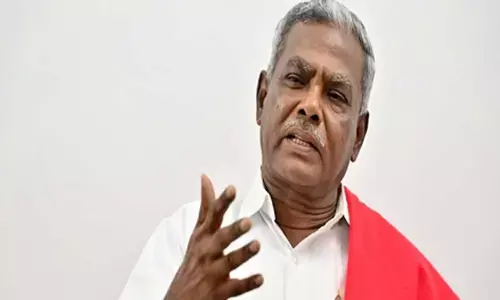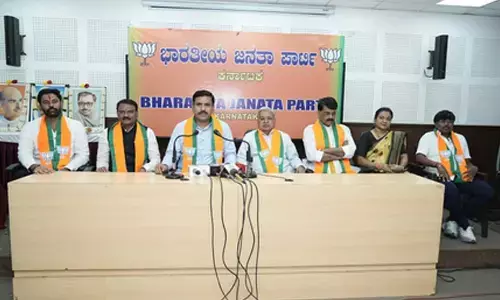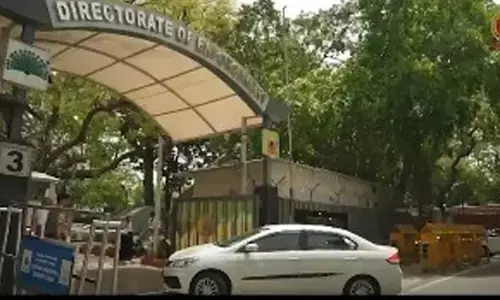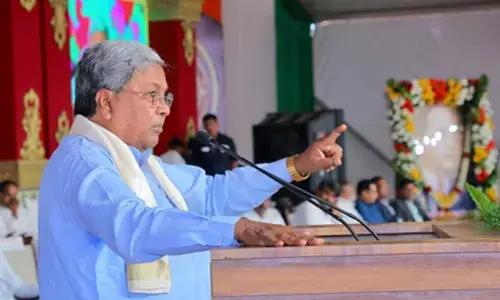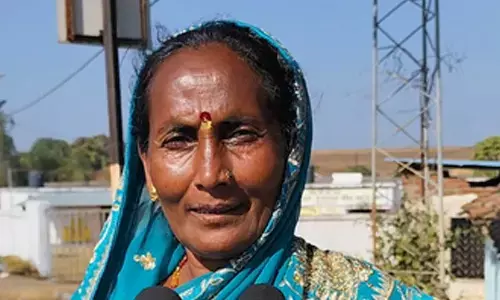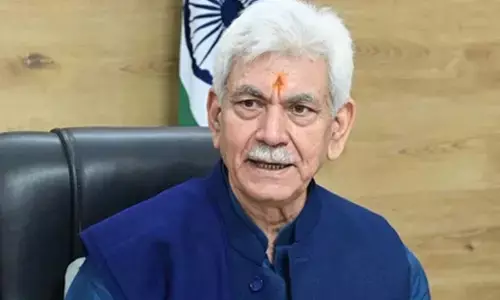The New Education Policy 2020 promises a sea of opportunities
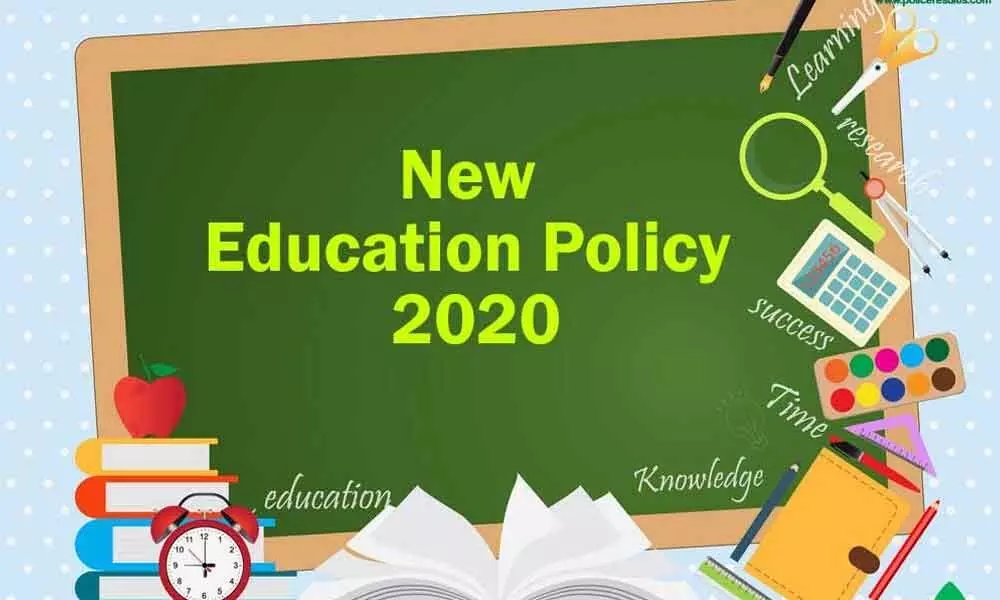
The New Education Policy 2020 promises a sea of opportunities
Education is the cornerstone that determines the intellectual power and wisdom of a nation. Thus the overall development of a country depends upon the quality of education imparted and the proficiency of the educated youth.
Education is the cornerstone that determines the intellectual power and wisdom of a nation. Thus the overall development of a country depends upon the quality of education imparted and the proficiency of the educated youth. Kothari Commission begins its reports with the remark "the Destiny of India is being shaped in its classrooms". In this scientific and technological world it is the education that determines the level of prosperity, welfare and security of the people of a country.
As per the National Education Policy 2020, education is fundamental or essential for achieving full human potential, developing an equitable and just society and promoting national development. Independent India has witnessed a number of education policies. Education is a fundamental right of every citizen. Unfortunately most of the educational institutions under the government sector are being found on the verge of extinction since the standard of Infrastructures and quality of education have been proportionally diminishing.
Commercialisation of educational Institutions turns the situation worse. Educational institutions established under private sector have converged into a common motto i.e get rich today and go hell tomorrow. Policies and reforms have been found only in paper. Mushrooming of schools and colleges under private sector led to an indecorous and immodest competition between and among the institutions intending to multiply their profits and reputation.
Quality education is replaced with quantity education or result oriented education. Irregular pattern of fee structure for the professional courses under management seats brought a disparity among the students of the rich and the poor. The plight of the school education is not an exception. Fast growing urbanization and the emergence of Corporate schools turned the situation further more worse.
Education should not be denied to any individual. Universalisation of education is the ultimate goal of our government. To achieve this goal a special act Right to Education was passed in 2009. The first and foremost priority of this act is to provide free and compulsory education to the children between the age group of 6 and 14 .
Under this Act, all Indian private unaided primary schools have been mandated to reserve 25 per cent free seats for children belonging to weaker sections and disadvantaged groups. Contrary to it, many children from poor financial and social background are being denied admission in the posh and corporate schools. These children will have to seek admission in the government schools which are run without basic amenities or Infrastructures. This further augments the process of increasing dropouts.
Right to education is one of the most important mandates for the ruling government of India. The ultimate aim of universalisation of education in India is to enhance the literacy rate of our country and helps individuals in acquiring knowledge and wisdom. We foresee an India with 100 per cent of literacy rate within a short period of time.
NEP 2020 replaces the 10 + 2 pattern and establishes a new pedagogical structure 5 + 3 + 3 + 4. Anganwadis or playschools and the kindergarten classes come under the formal education. Foundational stage (for ages 3 to 8 years), preparatory stage(for ages 8 to 11 or classes 3 to 5 ), middle stage (classes 6 to 8) and secondary stage (classes 9 to 12) are the new pedegogical structure of the 2020 National Education Policy. One of the most remarkable features of this policy is introducing mother tongue as a medium of instruction till grade 5. If children between the age of 3 and 18 get free and compulsory education, it will be a revolution in the field of education.
The new National Education Policy provides a sea of opportunities for the students of higher education with the inclusion of multiple exit option where students should have an option to exit at different stages and rejoin at any time. Another enduring feature of of this education system is the introduction of Vocational courses or skill oriented education from class 6 onwards. This should enhance the children's practical and creative skills with which they can learn some sort of life skills that will be further useful for them to eke out a living in future.









